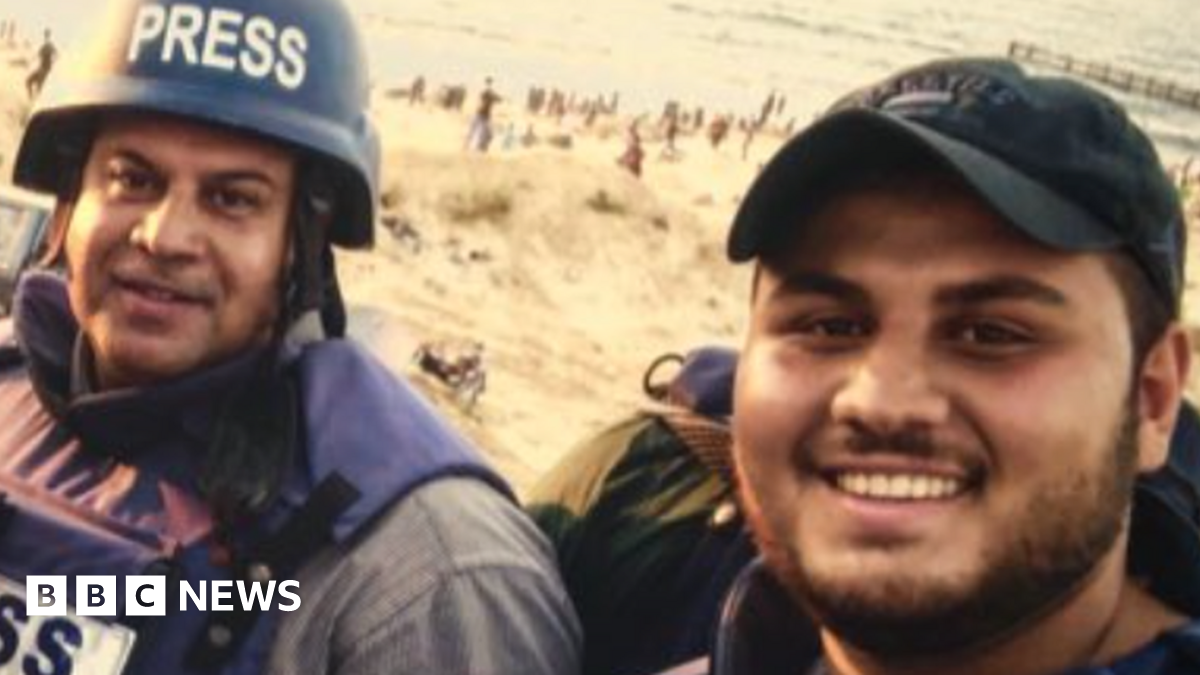Not just Palestinians
"In the case of British journalist James Miller, Israel faced the threat of a British request for the extradition of its soldiers and strained diplomatic tension with the British government. In 2003, Miller was shot in the neck by a soldier inside an armored personnel carrier in the Gaza Strip, but in 2005 the army absolved its troops. After a British inquest jury found in 2006 that Miller had been murdered, then-British Attorney General Peter Goldsmith wrote Israeli officials a letter, giving them a deadline to initiate legal proceedings against the soldiers involved, or they would be tried for war crimes in England, Haaretz reported. In 2009, Israel paid approximately 1.5 million pounds (US$2.2 million) in compensation to Miller’s family. After the Israeli payment, the British Ministry of Justice said it would not pursue legal claims or extradition, according to Haaretz."
Assume the killers are telling the truth
"The Israeli military, which never admitted responsibility in Miller’s death, initially claimed that its troops returned fire after being fired upon with rocket-propelled grenades. In video of the incident, a shot is fired, after which a member of Miller’s crew shouts, “We are British journalists.” A second shot is fired, and appears to hit Miller. The case was investigated by the Israeli military police, but then-Military Advocate General Mandelblit closed it after deciding there wasn’t enough evidence to try the soldier. (The soldier was also acquitted of improper use of weapons in a separate disciplinary hearing.)
The army said the investigation was “unprecedented in scope” and included ballistics tests, analysis of satellite photographs, and polygraph tests for those involved. However, an internal Israeli army report leaked to The Observer revealed that evidence was tampered with, army surveillance video tapes that may have filmed the killing had disappeared, and that soldiers were overheard “lying.” The report said officers assumed soldiers told the truth, and then explained away inconsistencies in their testimonies because “they were confused because of the fighting.”
"In the case of British journalist James Miller, Israel faced the threat of a British request for the extradition of its soldiers and strained diplomatic tension with the British government. In 2003, Miller was shot in the neck by a soldier inside an armored personnel carrier in the Gaza Strip, but in 2005 the army absolved its troops. After a British inquest jury found in 2006 that Miller had been murdered, then-British Attorney General Peter Goldsmith wrote Israeli officials a letter, giving them a deadline to initiate legal proceedings against the soldiers involved, or they would be tried for war crimes in England, Haaretz reported. In 2009, Israel paid approximately 1.5 million pounds (US$2.2 million) in compensation to Miller’s family. After the Israeli payment, the British Ministry of Justice said it would not pursue legal claims or extradition, according to Haaretz."
Assume the killers are telling the truth
"The Israeli military, which never admitted responsibility in Miller’s death, initially claimed that its troops returned fire after being fired upon with rocket-propelled grenades. In video of the incident, a shot is fired, after which a member of Miller’s crew shouts, “We are British journalists.” A second shot is fired, and appears to hit Miller. The case was investigated by the Israeli military police, but then-Military Advocate General Mandelblit closed it after deciding there wasn’t enough evidence to try the soldier. (The soldier was also acquitted of improper use of weapons in a separate disciplinary hearing.)
The army said the investigation was “unprecedented in scope” and included ballistics tests, analysis of satellite photographs, and polygraph tests for those involved. However, an internal Israeli army report leaked to The Observer revealed that evidence was tampered with, army surveillance video tapes that may have filmed the killing had disappeared, and that soldiers were overheard “lying.” The report said officers assumed soldiers told the truth, and then explained away inconsistencies in their testimonies because “they were confused because of the fighting.”


